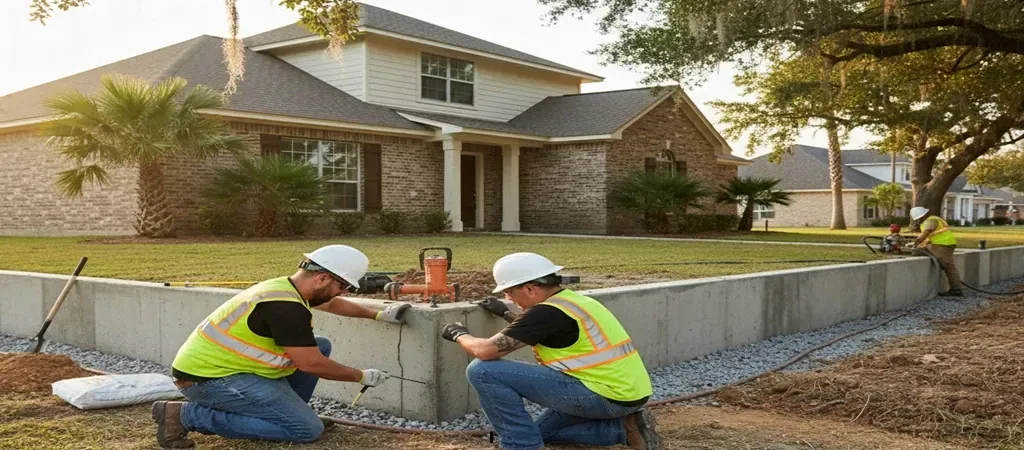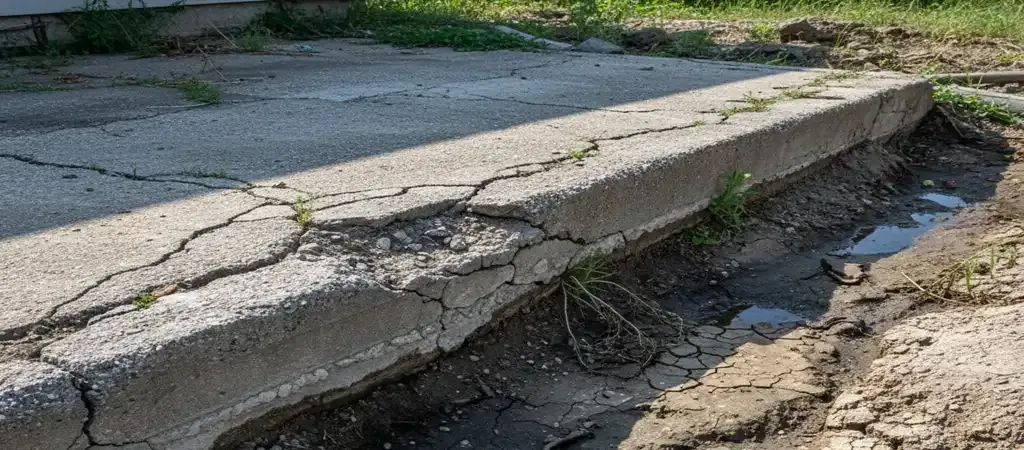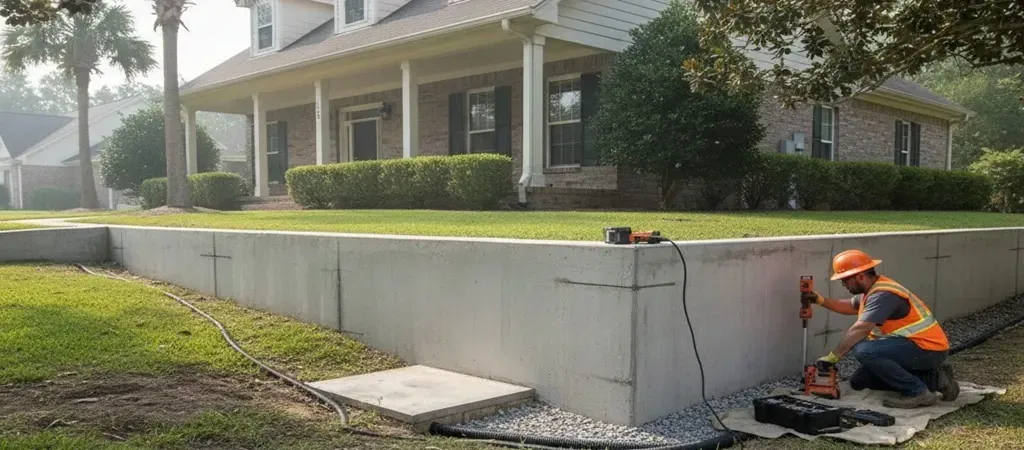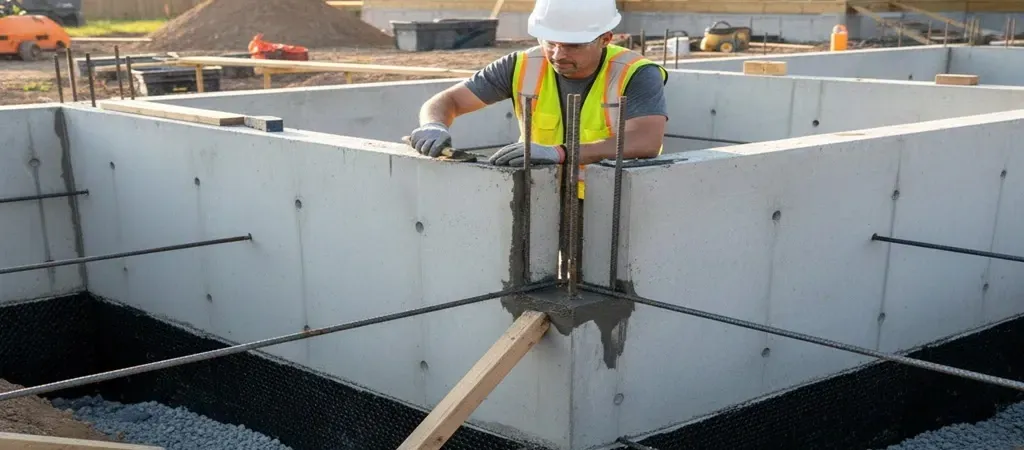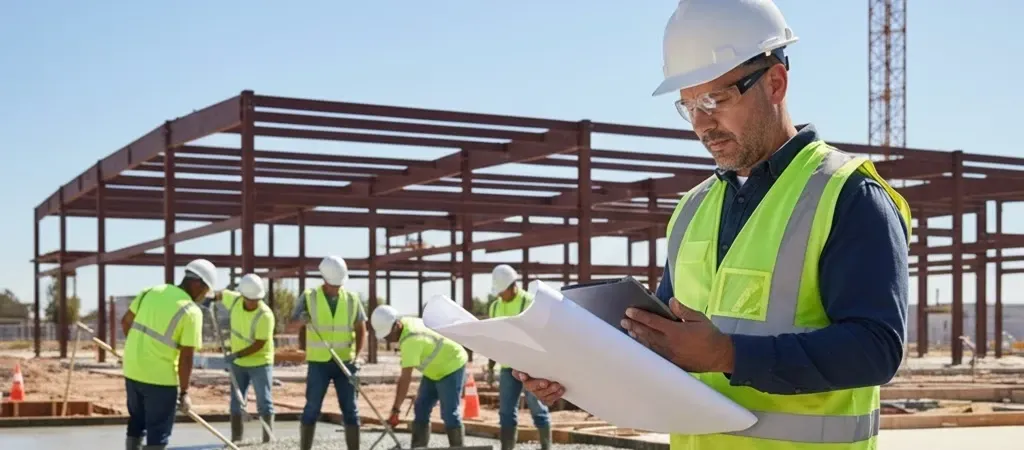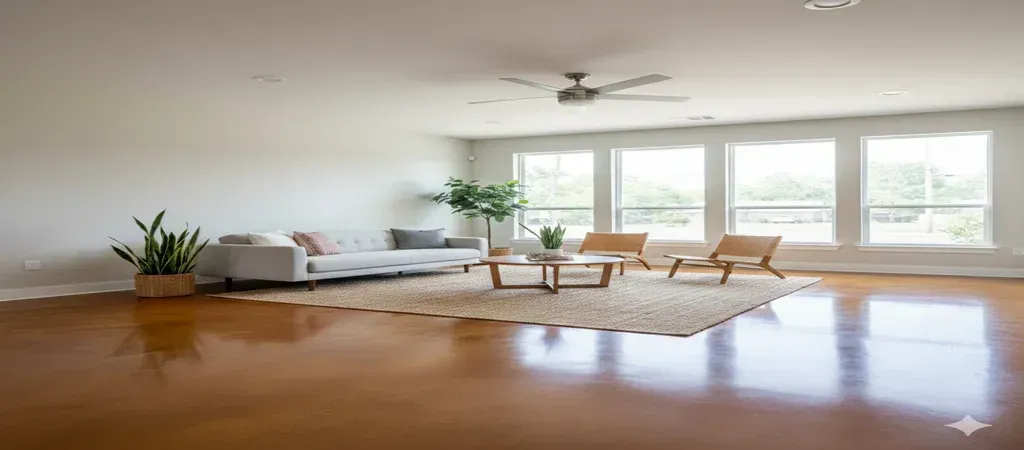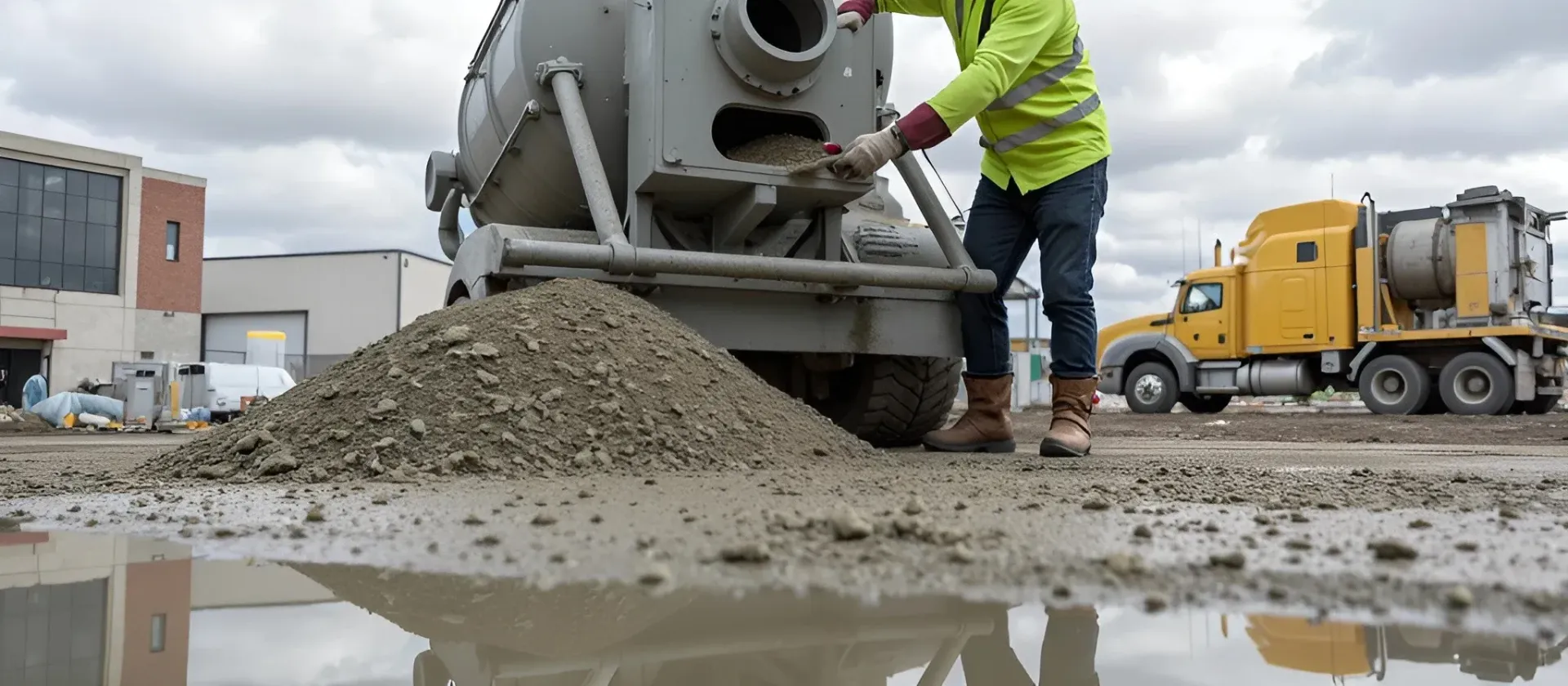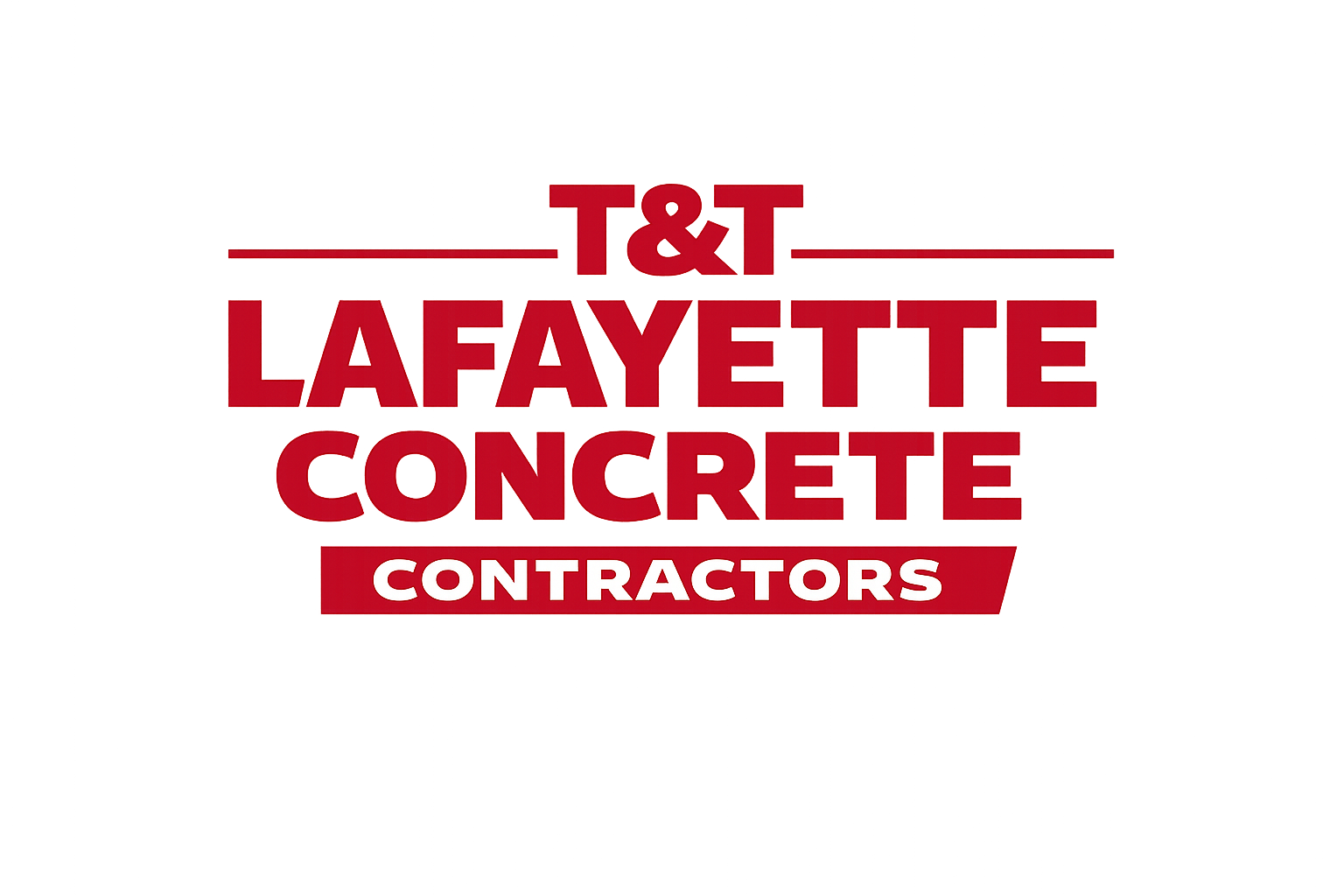How to Budget for a Residential Concrete Project in 2025
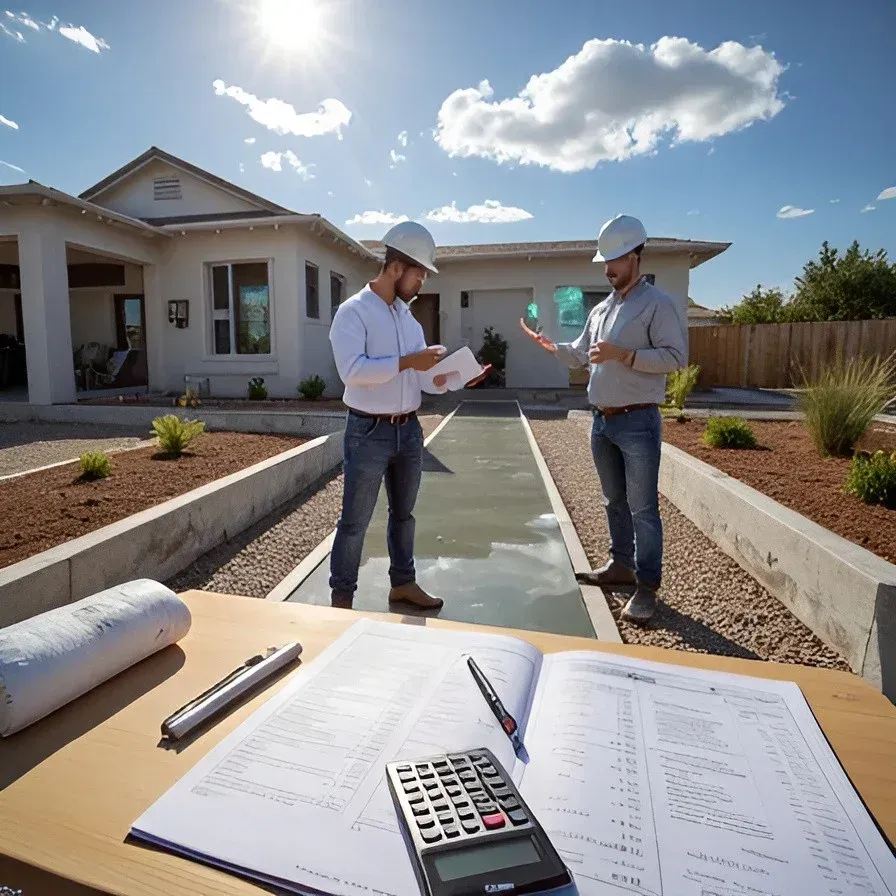
Learn how to make an accurate budget to cover the cost of labor, materials, maintenance, and hidden expenses for a stress-free residential concrete project in 2025.
Budgeting is always crucial to keeping your project on schedule and preventing expensive surprises. However, creating a budget for a residential concrete project in 2025 requires careful planning, understanding the factors affecting costs, and a smart approach to managing your expenses.
Let’s explore how to budget smartly for a residential concrete project, some budget-saving tips, and how to control expenses without risking the quality.
Specify the Project Scope
Every project has different cost factors that range from the design complexity to the type of material used. Thus, it is essential to specify the scope of the project, such as:
- Walkway or concrete driveway
- Concrete patio or pool deck in the backyard
- An extension to the concrete foundation
- Features for stamped concrete or decorative concrete
Pro Tip: Schedule a free meeting with a contractor to match your ideas with reasonable cost estimates.
Site Preparation Cost
While budgeting, the first step is to calculate the overall cost of preparing the site. Thus, your budget needs to include a precise estimate for the following:
TaskAverage CostExcavation$50–$200 per hr.Grading & leveling$1–$3 per sq. ft.Soil stabilization$1–$2 per sq. ft.Demolition of old concrete$2–$6 per sq. ft.
Concrete Cost
Inflation and growing market demand have increased the cost of concrete. In addition, cost may also vary based on the type of concrete you use. So when you set a budget for your residential concrete project in 2025, choose the concrete that suits your budget.
Concrete TypeCost (per square foot)Plain Concrete$6–$9Decorative or Stamped Concrete$10–$18Reinforced Concrete$9–$12Colored or Stained Concrete$8–$14
Furthermore, some additional costs might be added:
- Concrete Delivery: $100 to $150 per load
- Rebar or Wire Mesh: $0.30–$0.50 per sq. foot
- Sealing and Finishing: $1 to $2 per sq. ft.
Labor Cost
Typically, labor cost is about 30% to 50% of the project's overall cost. Therefore, get a thorough estimate of the services covered in your quote.
According to the rough estimate, contractor rates in 2025 are around $60–$100 per hour. However, if you hire full-time labor services, you might get a cost estimate as a complete package or per square foot.
Pro Tip: Compare at least three budget quotes to get the best deal.
Inspection and Permit Charges
Permits and inspections are necessary and depend on where you live. Ignoring these could lead to fines or legal problems. Permits are usually required for:
- Slabs of structural concrete
- Foundations or patios
The cost for permits in 2025 might range between $50 and $500 or more.
Long-Term Maintenance Budget
Although concrete is long-lasting, it requires some maintenance. Hence, make sure to include these in your long-term budget plan:
- Yearly cleaning
- Repairing cracks when needed
In addition, sealing every two to three years might cost you an extra $0.75–$2 per square foot. Hence, to protect your investment, set aside 5% to 10% of the initial cost of your total residential concrete project budget each year.
Curing and Finishing Cost
The finishing process may impact both your overall budget and your building appeal, especially if you want to have one of the following options:
- Broom finish
- Float finish
- Decorative textures or wall stamps
Curing and sealing are crucial for long-term results. Sealers or curing materials cost around $0.25 to $0.75 per square foot.
Create an Emergency Fund
Always ready for unexpected circumstances. No matter how carefully you plan, a disruption may arise in even the well-constructed buildings. Therefore, include a contingency cost of 10% to 15% for:
- Design changes
- Variations in material prices
- Unexpected delays due to weather
It helps you stay on track and prevents financial setbacks even in emergencies.
Budget Saving Tips
There are several ways to reduce construction costs without sacrificing the durability and quality of your work. To do so, follow these tips:
- Choose simpler designs
- Regularly maintain your concrete
- Do some prep work yourself
- Negotiate with contractors for bulk orders
- Schedule off-peak seasons
Careful Planning = Stress-Free Building Experience
Choose the Right Contractor
A reliable contractor helps you stay within budget and achieve a high-quality result for your concrete residential project. Therefore, while hiring him, look for:
- Licensing and insurance
- References and local reviews
- Written contracts with detailed estimates
Final Words
By researching local prices, getting multiple quotes, prioritizing essential features, and planning for emergency situations, it is easy to create a realistic budget that delivers a durable result.
A carefully planned budget helps you to:
- Stay within your resources
- Select the appropriate contractor
- Be aware of any hidden fees
- Get the best out of your long-term investment
Ready to take your first step today? Get the best quotes from our experts for a solid financial plan and build a budgeted concrete driveway or patio project in 2025.
